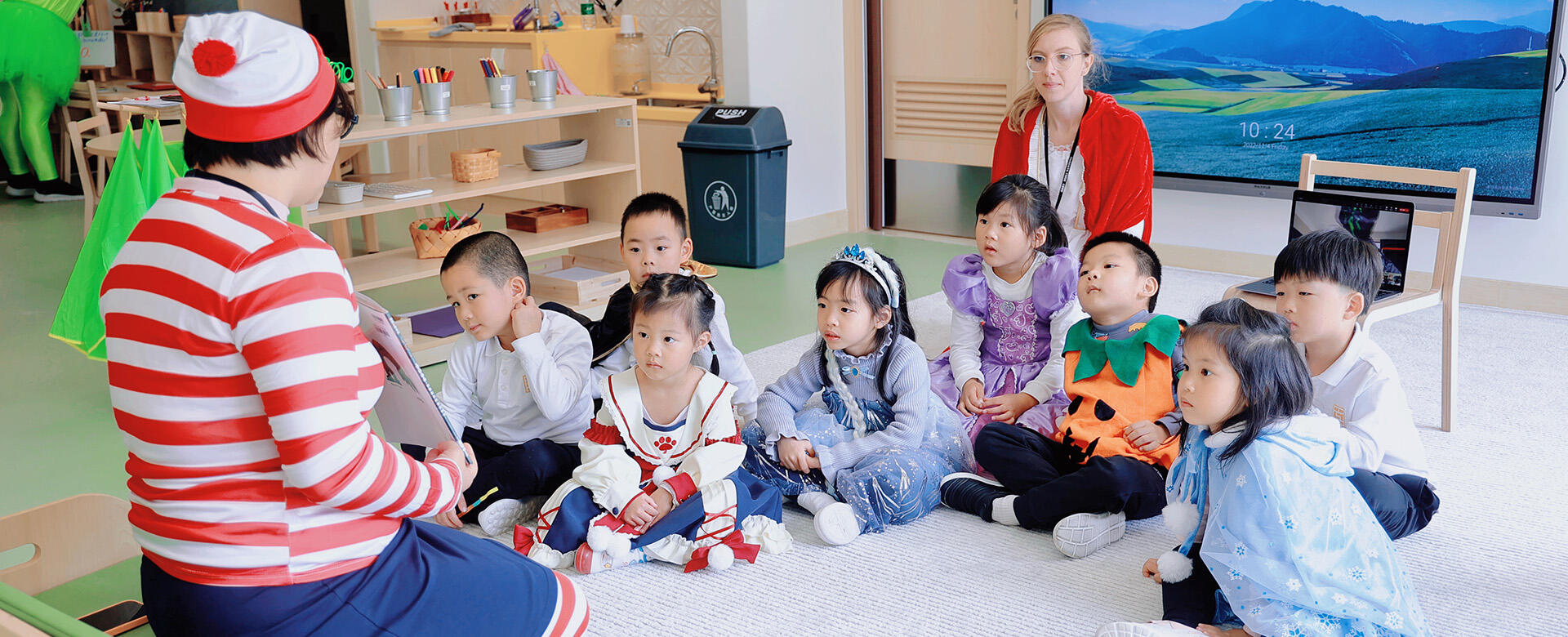

Renowned British drama educator Brian Way once shared a story: If a pupil asks the meaning of the word "blind”, most people would answer, "It refers to a person who cannot see anything”. But if you answer, "Close your eyes, play the role of a blind person, and try to find your way out of this room or building” then they will have a more vivid understanding of the word "blind."
It's like "playing house" that many people played when they were children: Experiencing different roles in fictional situations, expressing and interacting within those roles, exploring the development of real-life events, and our relationships with others... The feelings and gains that children experience in these games are more meaningful compared to the transmission of abstract language.
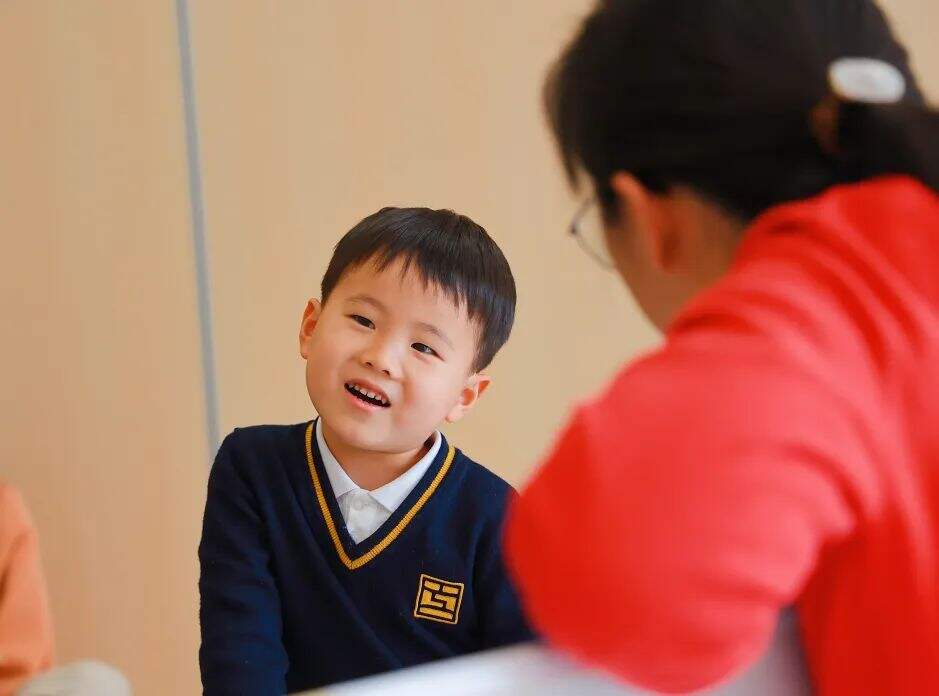
At Huili Nursery Nantong, Drama in Education is a very important channel for children to understand themselves and their relationship. In drama, children experience events together, and although the situations are fictional, the difficulties encountered are real. Therefore, in real-life situations, we perceive others and ourselves, troublesome events, and explore various relationships (family, society, health, environment, etc.). At the same time, in the development of the story, the children's occasional bursts of imagination creatively deal with the story, making the whole story more abundant.
Just like the Huili Nursery Nantong children who once participated together in the story of the little lion "Mao Mao".
The lion group where Mao Mao lived had a tradition where every little lion had to practise and compete in roaring. Mao Mao didn't like it and couldn't roar, so it chose to leave the lion group when their birthday was approaching. The sudden winter made the children very worried about Mao Mao. After discussion, the children decided to help Mao Mao communicate with the lion king and see if they could change or abolish the rule of the roaring competition. On the one hand, the children were very worried about Mao Mao's safety, and on the other hand, they were afraid of the lion king's authority. The children's hearts also experienced anxiety and agony along with the little lions again and again.
"Let's prepare some food for Mao Mao!"
"Mao Mao doesn't like to be laughed at.”
"I'm afraid to talk with the lion king; I don't want to go.”
In the end, the children gathered up their courage and decided to help Mao Mao negotiate with the lion king, but they were not sure if they could persuade the lion king to change the rule of using roaring as the only standard for evaluating little lions.
"We should change the rules of roaring, and we can add running and hunting! Because Maomao is a good runner!"
"I can teach Maomao to practice roaring or give them a horn as a roaring tool.”
"I wish Maomao could go back to the lions because he is our friend.”
After multiple negotiations by the children, Mao Mao successfully returned to the lion group.
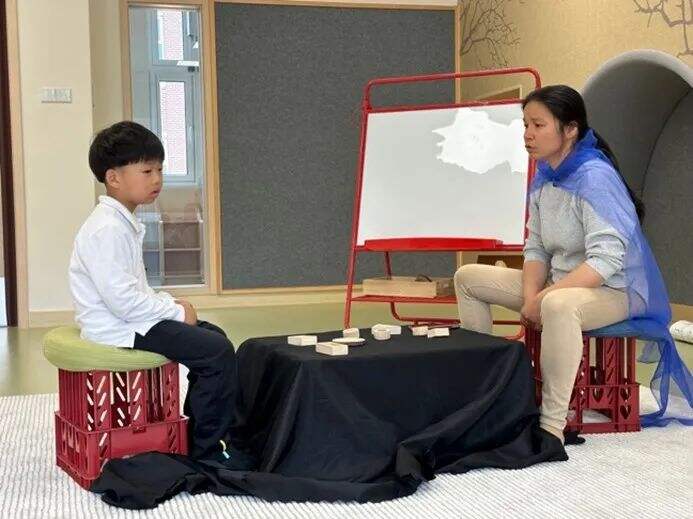
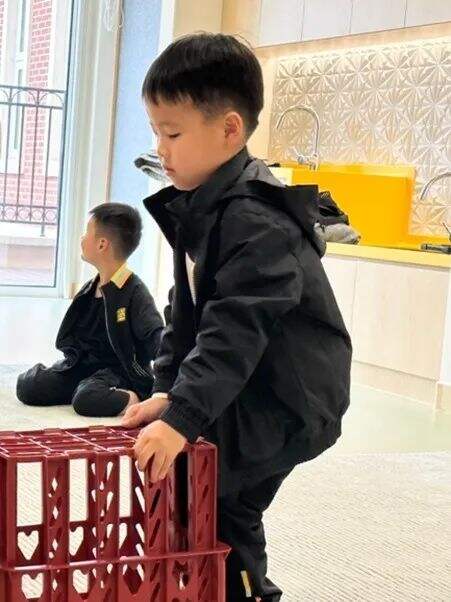
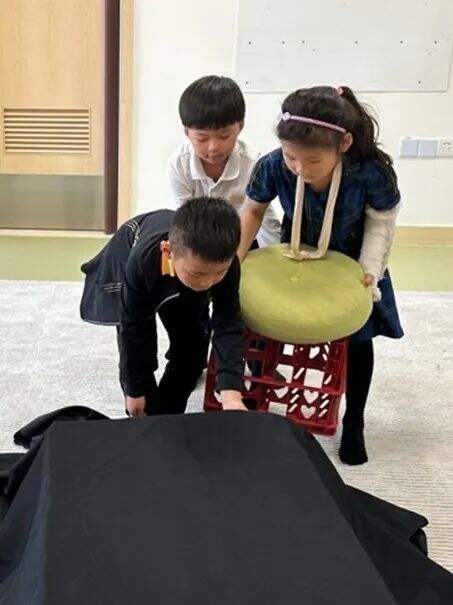
Participating in Mao Mao's story made the children begin to think about the relationship between individuals and teams; the strengths and weaknesses within a team; and how we should treat differences within a team. They tried to put themselves in Mao Mao's shoes and, combining personal experience and cognition, children begin to think creatively. And when they generate new theories, they ultimately choose to bravely raise questions (of course, the process of choosing is undoubtedly difficult): "Is roaring the only standard for evaluating a little lion?"
In virtual scenarios, children experience the challenges they often face in the real world. However, due to the protection of the story, children show great enthusiasm for spontaneously and actively thinking about different aspects of things. During the process, they come up with different directions, choose different paths, and thus gain different emotional experiences. With the protection, fun, and creativity of drama or storytelling, children explore what they care about in a safe distance, but do not have the opportunity to experience or express the difficulties in a real or complete way. In an open and accepting atmosphere, they are more proactive in constructing their own views and more inclusive in understanding the diversity of people and the world.
